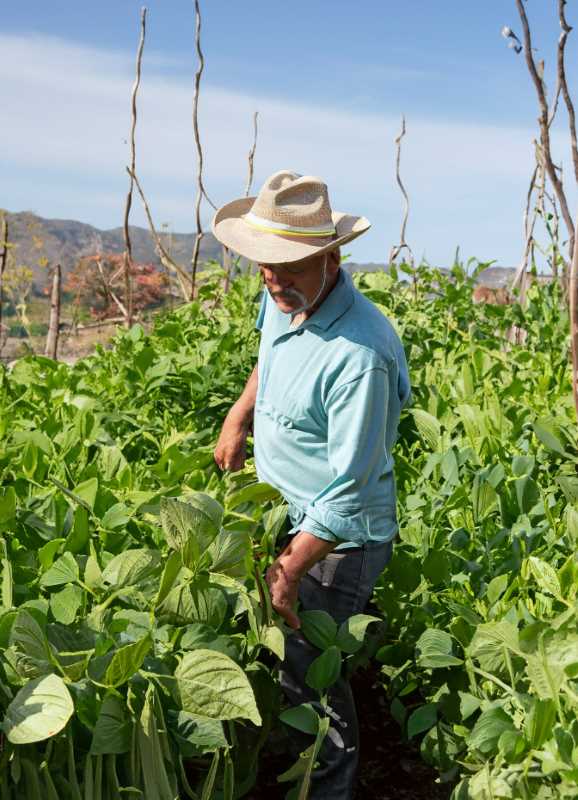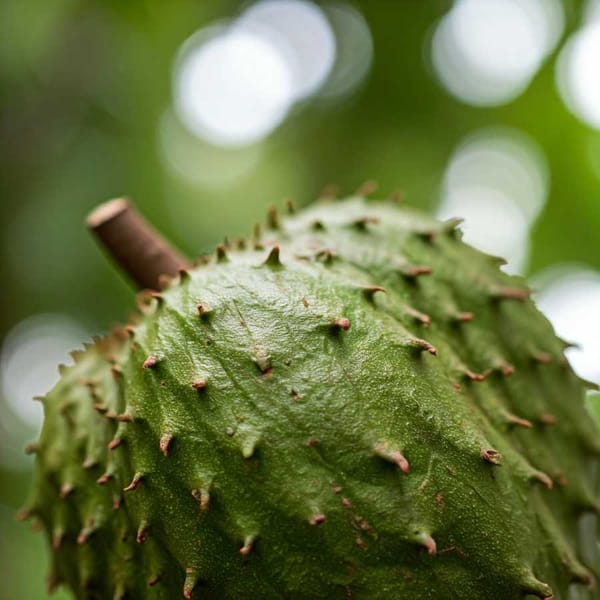How Legumes Are Shaking Up Diets Globally
The humble legume is stepping into the spotlight as the unsung hero of both nutrition and sustainability. Forget the old stigmas—these nutrient-packed seeds are anything but “poor man's meat.” Rich in protein, fiber, and essential vitamins, legumes are a boon for personal health and wellness alike.

For centuries, the humble legume has been sidelined, often seen as the “poor man's meat” or a secondary source of nutrition. Despite being a dietary cornerstone for various global populations, legumes, also known as pulses, are just now starting to get the attention they deserve.
Rich in protein, fiber, and essential vitamins, these magical seeds are not only crucial for our health but also offer a sustainable alternative to animal-based foods. In Mexico, for instance, legumes like lentils, beans, and chickpeas are a dietary staple, yet they've been undervalued and stigmatized, largely due to their association with poverty.
According to Elvira Sandoval Bosch, who heads the Human Nutrition Science degree program at the Faculty of Medicine at the National Autonomous University of Mexico (UNAM), legumes are nothing short of miraculous for human health. They offer an impressive range of nutrients, such as protein of vegetable origin that is comparable to animal protein but without the saturated fats. “Combining legumes with cereals can even replace the consumption of red meat, providing an excellent strategy for both human health and planetary wellness,” she notes.
This isn't just a 'meat substitute' we're talking about. Legumes like beans can be turned into delicious, nutritious meals—think bean tacos with minimum fat—that also offer essential nutrients like fiber and iron. They are highly versatile and can be included in any meal, be it breakfast, lunch, or dinner. Not just for vegetarians or those on plant-based diets, legumes serve as an all-around, health-promoting food source.
The legume family also includes certain nuts like peanuts, pistachios, walnuts, and almonds. While these are rich in good fats, moderation is key. Excessive consumption can tilt the balance, given their high-fat content. “Including them but not overdoing it is the balanced approach to harnessing the nutritional potential of legumes,” says Bosch.

Legumes for Sustainable Living
When you consume legumes, you're not just making a personal health choice; you're making an environmental one. As the global demand for red meat contributes to deforestation and greenhouse gas emissions, legumes offer a sustainable alternative. They are easier to grow, often requiring less water and fertilizer, and are frequently cultivated by small farmers, promoting local economies.
According to figures from Mexico's Ministry of Agriculture and Rural Development, the country produced over one million tons of beans in 2020 alone. Lentils and chickpeas also showed impressive numbers, proving that legume cultivation is alive and well. Notably, legume farming is spread across various states and serves as an income source for many small and family farmers. These crops aren't just part of Mexican agriculture; they are part of its culture and its future.
The Food and Agriculture Organization (FAO) of the United Nations supports legume consumption for several reasons: they are low in sodium and fat, cholesterol-free, rich in vegetable proteins, iron, and vitamin B, and have a low glycemic index. This makes them an invaluable asset in combating chronic health conditions like diabetes and heart disease.
Moreover, legumes hold particular importance for food security in countries across Latin America, Africa, and Asia. They are not just traditional but essential, often serving as the primary protein source in places where meat is scarce or expensive.
The bottom line is clear: Legumes deserve a seat at the table—your dining table, policy discussion tables, and global economic tables. The next time you're considering what to put on your plate, remember that legumes offer not just a wealth of nutrition, but a sustainable, ethical choice for a planet in need. Isn't it time we reconsidered our age-old biases and embraced legumes as the superfoods they are?




